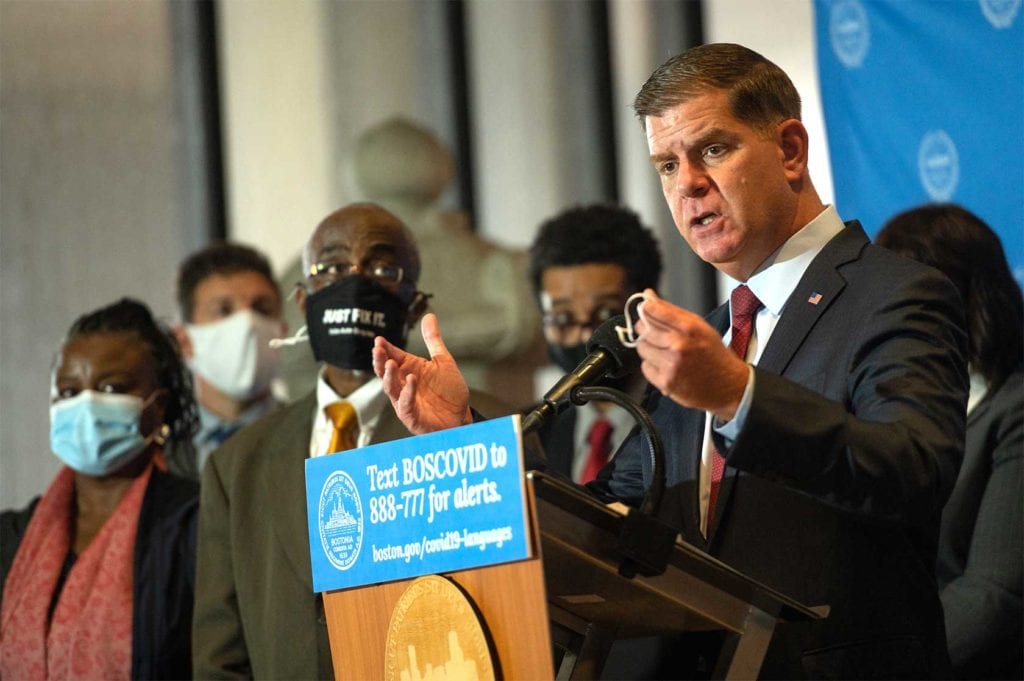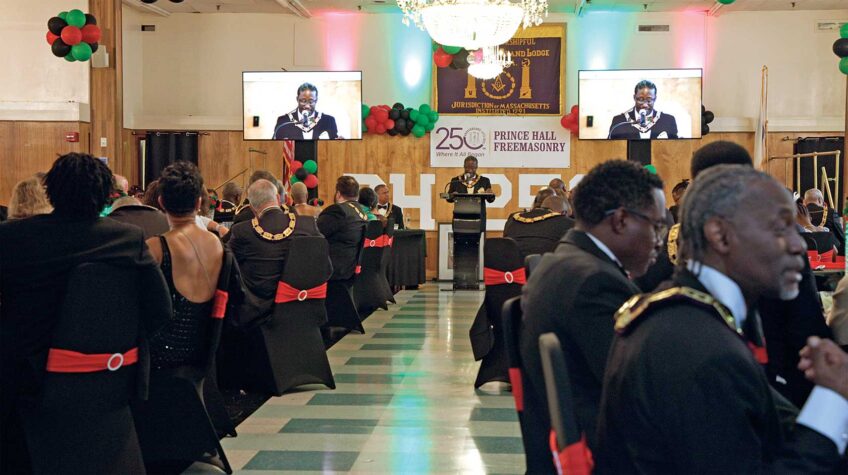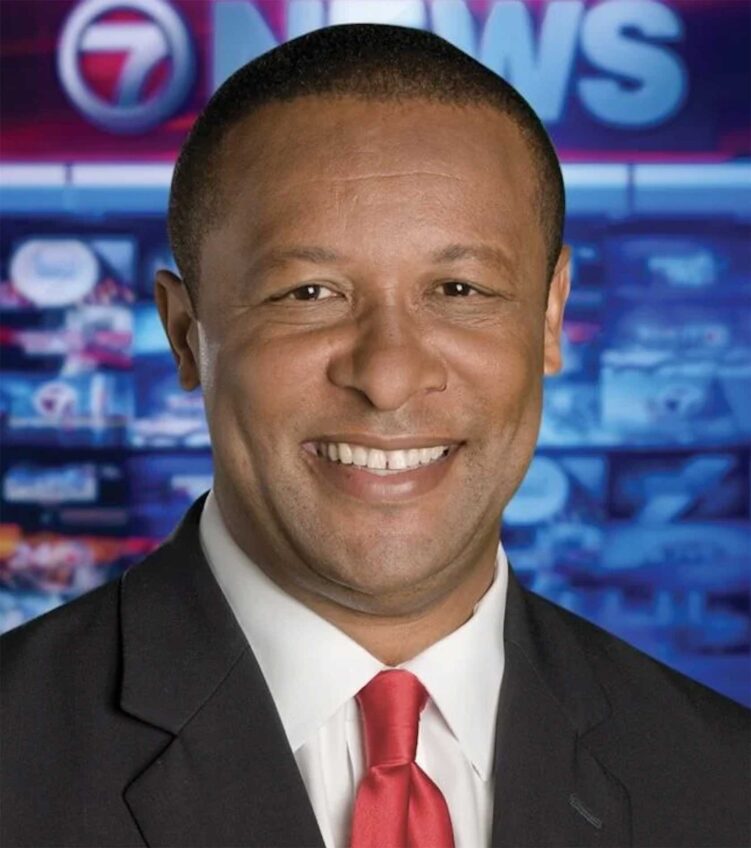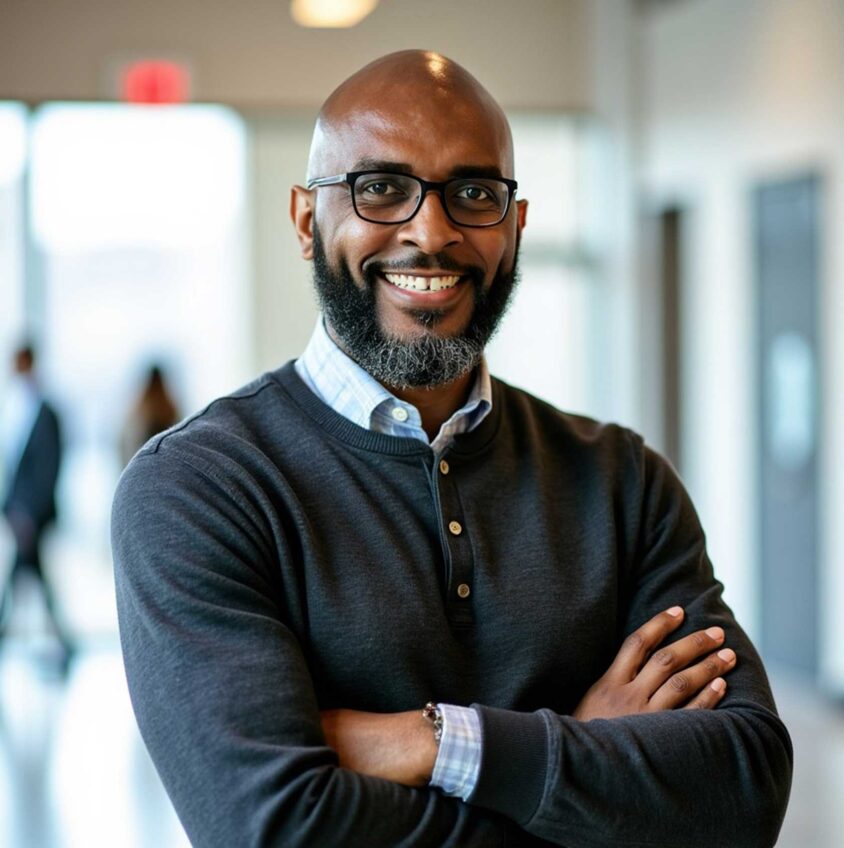Walsh seeks change to police hiring
BPS preference would increase diversity

As the first action on the Boston Police Reform Task Force’s recent recommendations, Mayor Martin Walsh is moving to expand diversity in the Boston Police Department. His home rule petition to the State House, filed last week, would amend civil service regulations to require the Boston Police Department to give preference to Boston Public Schools and METCO graduates when hiring police officers.
The City Council referred the petition to its Committee on Government Operations on Wednesday, Oct. 21, where councilors will later discuss the effects of such a change. There has been widespread support for the task force’s recommendations and the mayor has committed to acting on three of them within the coming weeks, including replacing the Community Ombudsman Oversight Panel with a larger board that can conduct investigations on the BPD.
The mayor’s home rule petition is meant to establish a pipeline of diverse candidates into law enforcement careers.
Sgt. Eddy Chrispin, a member of the police reform task force and president of the Massachusetts Association of Minority Law Enforcement Officers, spoke to the Banner about the possible positive impacts of this change.
“It will put them in a position where they’re being placed in the communities where they grew up, they’re more culturally competent, they get to make a decent amount of money as a police officer, and be able to raise the economic status of themselves and possibly their family members,” Chrispin said.
Current civil service law gives an absolute preference to applicants who pass the examination and are veterans or widows of veterans. Because Blacks, Latinos and Asians are underrepresented among veterans in the New England area, the department has been hiring far more whites than people of color in recent years. BPS graduates would also have to pass the examination to be considered and would still rank behind veterans and widows of veterans. If the petition passes, when the list of eligible police officers is created it will begin with veterans, followed by BPS graduates, and end with all other applicants.
While the intent of the petition is to create a pipeline for qualified candidates, the task force members also want to increase diversity within the BPD, which has been declining since a 1973 consent decree governing hiring was lifted in 2004.
“I think when you look at diversity within the ranks of the Boston Police Department over the last 10 years, and some would say, since the consent decree expired, diversity has gone down,” Chrispin said.
News outlets and legislators, too, have pointed out diversity problems in the BPD for years. In June, the Boston Globe reported that the department has become slightly more white in recent years.
According to data from BPD public affairs, 65.4% of sworn officers are white and 21.4% are Black, which does not reflect the current demographics of the city.
“When I look at data across the country, especially as it relates to those departments that have had the most trouble dealing with people of color, diversity seems to be one of those things that’s lacking,” Chrispin said. He pointed to the fact that many BPS schools’ makeup is predominantly of students of color.
Last month, the town of Belmont was considering ending civil service in its police and fire department as a way to increase diversity. If passed, the hiring of police officers would not be bound to civil service law, and therefore, veterans would not have preference. The police chief and fire chief of Belmont wrote that the civil service requirement has been outdated and costly and hinders them from hiring officers who are able to understand the views of all Belmont residents.






